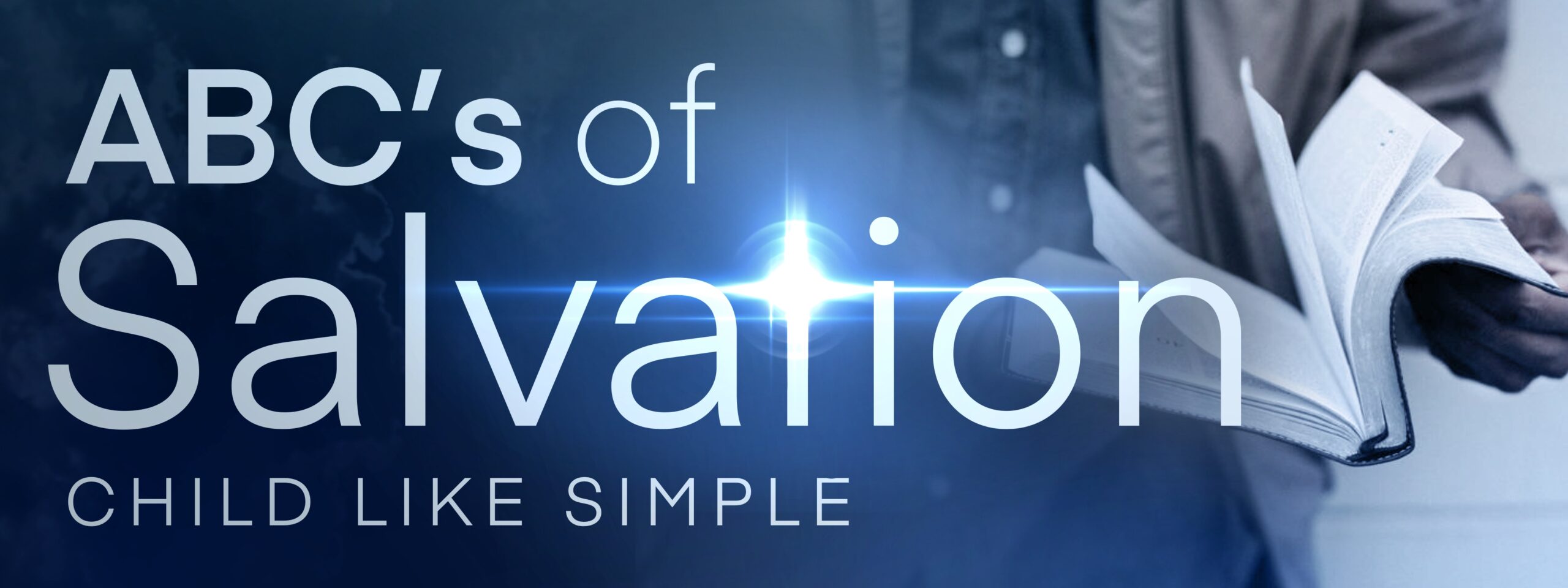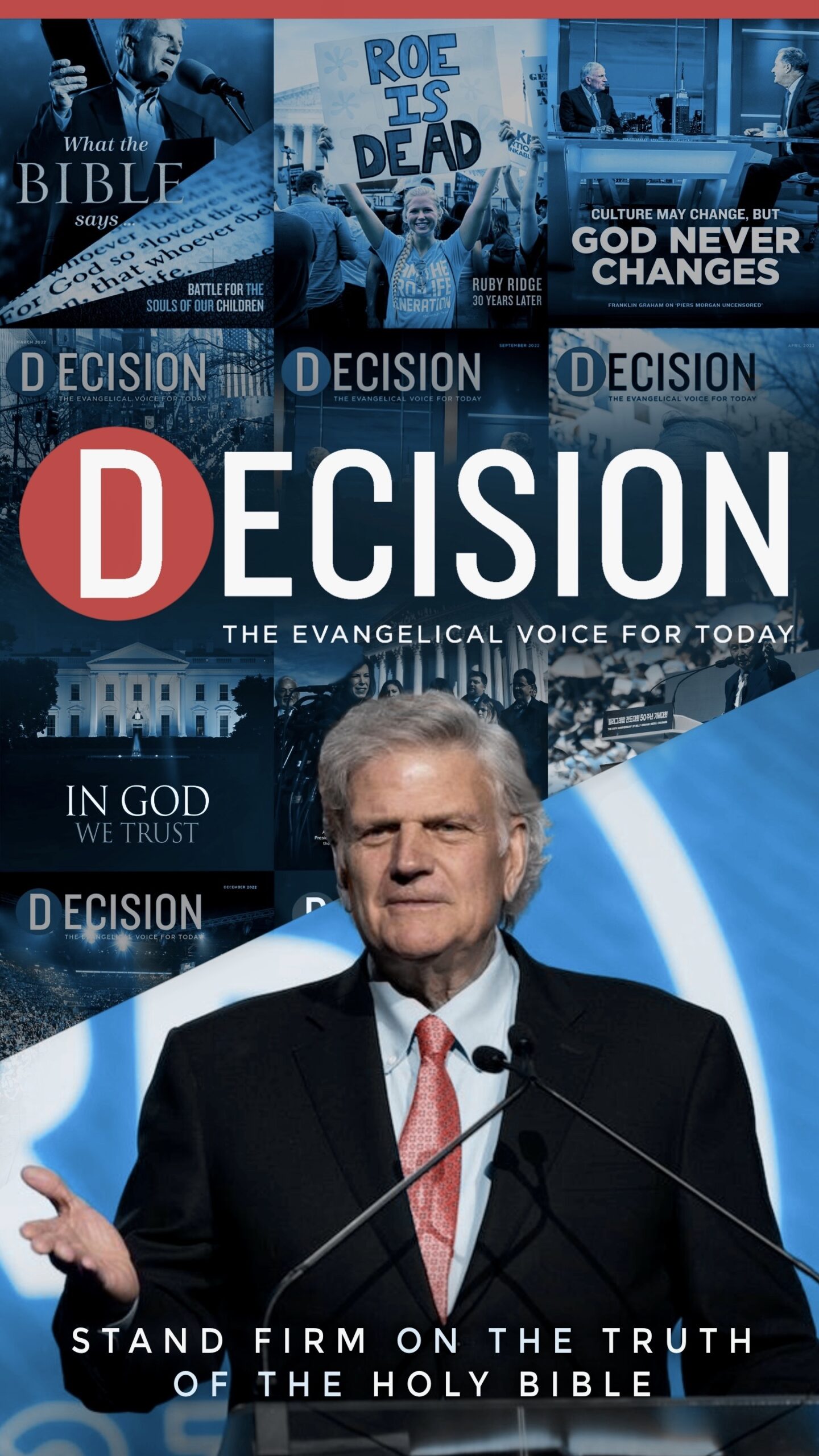Last week Colin Bloom, the government’s Independent Faith Adviser, published his Independent Review into how government engages with faith in England. The review recommends mandatory public sector training on ‘faith literacy’ in education, prisons and probation and the Armed Forces, and also makes some welcome recommendations regarding financial exploitation and forced marriage. It is clear therefore that many of its recommendations will apply not only to England but to all of the United Kingdom.
![]()
In Your Inbox
However, all is not well, for in attempting to tackle mostly Islamic issues it ends up creating serious problems for orthodox Christian theology and practice. This is all the more unacceptable given that the author is a professing Christian, a former director of the Conservative Christian Fellowship. Indeed Bloom was still its director when he was appointed to the role of producing this review in October 2019.
Review stretches the meaning of extremism
Bloom openly admits that there is no legal definition of extremism, but he proceeds nevertheless to stretch the meaning of the term:
“What is clear to this reviewer is that politically or religiously subversive tactics that violate an individual’s right to hold contrary opinions, or no opinions at all, are firmly in the unacceptable space.” [Bloom Review, p. 112]
The problem is that he doesn’t specify limits to this, e.g. that religious groups do in fact operate according to agreed doctrines and that adherence to those is often a condition of membership and especially being in leadership positions.
Calling people apostates, unbelievers or heretics is ‘a violation of human rights’
Bloom then makes the following declaration:
“It is a violation of the basic human rights of others and a threat to the freedoms of our democratic society to disparage people, make them or encourage others to make them outcasts, brand them as ‘apostates’, ‘unbelievers’ or ‘heretics’, or otherwise shun them because of different opinions (or lack of opinion).” [Bloom review, p. 112]
Bloom does not specify any limits to this principle. He does not say whether it should only apply to the public sector or whether it should apply in the private and charitable sectors, and in private settings as well. On a plain reading therefore, his condemnation of the language of apostates, unbelievers and heretics applies to Christians, to churches and other Christian organisations.
In the footnotes Bloom gives definitions of these terms which are generic and apply to all religions:
“Apostate: a person who has given up their religious beliefs or who has left a religious group.”
“Heretic: a person who is accused of having beliefs that are opposed to the official belief of a religious group and that the religious group considers wrong.”
He even defines ‘shun’, as if we did not know what that meant.
‘Apostasy’, ‘unbeliever’ and ‘heresy’ are Biblical terms
Nowhere does Bloom explain that the terms ‘apostasy’, ‘unbeliever’ and ‘heresy’ are originally Christian Biblical and theological terms, coined centuries before Islam ever emerged. The word ‘apostasy’ comes from the Greek ‘apostasia’, found in Acts 21: 21 and 2 Thessalonians 2: 3. ‘Unbeliever’ is a Biblical term. ‘Heresy’ is a Greek New Testament term derived from the Greek ‘haeresis’.
Of course, the reality is that by condemning the use of these terms against people, the door is opened to condemning the use of the terms against the theological doctrines and ideas advanced by various people in the first place. The Bloom Review targets the use of Christian terms as extremist.
The unspoken preoccupation with ‘Islamic blasphemy’
Bloom has done this because he is preoccupied with tackling the problem of Muslim punishments for people who leave Islam, which can amount to a death sentence according to Islamic law. The unstated term here is ‘Islamic blasphemy’, or to be precise the use of this originally Christian word to denote a set of offensive statements and practices treated as a crime in Islamic law. It is this notion that lies behind the use of the terms ‘apostate’, ‘unbeliever’ and ‘heretic’ within Islam, yet Bloom never explains this.
It is significant that Bloom published this very shortly after Sir William Shawcross’ review of Prevent, the government’s anti-terrorism watchdog, which dealt with this topic. Shawcross dealt with it specifically in relation to Islamist terrorism and violent crime, not in relation to religion in general. The publication of the Bloom Review now raises the question as to which review will the government take on board as regards ‘blasphemy’ – Shawcross or Bloom?
The meaning of ‘true believers’ is twisted
There are other ways in which Bloom shifts the meaning of key Christian terms. He frames his review as dealing with a distinction he invents, between ‘true believers’ in the world’s religions and ‘make-believers’.
“True believers’…regardless of their faith, are sincere, devout and peaceful. Government can and should work with true believers…Non-believers’… like true believers, are generally sincere, peaceful and decent. True believers and non-believers are part of the solution to improving society.” [Bloom Review, p. 5]
‘True believer’ here is not someone for whom the beliefs and doctrines of his or her religion matters to the utmost.
‘Make-believers’
‘Make-believer’ is not a Christian term – it’s just a term that Bloom invented for this review.
“Make-believers are generally the cause of most of the problems that government encounters in the faith space. Make-believers are often motivated by ego, money, prestige or power and abuse their position to promote themselves or their causes, clothing them with religion to give them divine legitimacy. Make-believers are a problem, both for government and for the communities they claim to represent.” [Bloom Review, p. 5]
The reason for the overly sharp distinction between ‘true believers’ and ‘make-believers’ is the prevailing official view that Islamic problems are not motivated by Islamic doctrines. According to Bloom’s dogma, Islamists are not motivated by Islamic doctrines and strategies, they are motivated only by other considerations, and merely use religion to suit those. This is too neat psychologically, in other words implausible.
Meanwhile, the reality is that orthodox Christians who clash with the gender-and-sexuality-dominated hierarchy of rights are too often treated as ‘make-believers’. The Bloom Review does not address this problem.
Mandatory public sector workplace training about Islam
It is in this context of abusing Christian theological terms that Bloom’s recommendations about Islam need to be viewed. His most important recommendation is mandatory ‘faith literacy’ training for all public sector workers about the distinction between (the government’s definition of) ‘Islam’ and ‘Islamism’.
He is especially keen on this for prisons. This is because he rightly recognises the major problem with Islamist agitation in prisons. However, it’s not clear his solutions are appropriate. For example, he recommends prisons continue using faith-based (Islamic) deradicalisation programmes (even though there is no solid evidence that they actually work).
Recruiting theology graduates to teach RE
Having stigmatised theological terms such as apostasy, unbeliever and heretic, and promoted a sharp distinction between Islam and Islamism, the report then wants RE in schools to foster debate about different faiths.
“Government… should consider methods for improving the teaching of faith literacy and RE, with a view to cultivating a more inclusive society where people of all backgrounds are able to engage in debate about the different faiths and beliefs that shape society…Possible solutions could include…outreach programmes to university graduates of theology and religious studies to ensure higher levels of faith literacy among RE teachers.” [Bloom Review, p. 72]
The naïveté of this is incredible. Rigorous, high-quality graduate-level education in theology is not possible without getting to grips with concepts such as belief and unbelief and heresy. Serious departments and colleges will find it very difficult, almost impossible, to teach students to the highest standard if they are expected to adopt the hyper-individualist ‘right-not-to-be-offended’ pluralism advocated by the Bloom Review.
Promoting Sharia finance for students
Bloom also recommends increasing the availability of Sharia finance options, based on the claim that some Muslim students are self-financing their higher education because Sharia finance isn’t available to them. The evidence he uses to justify this is a claim made on the basis of the so-called Muslim Census, which is in reality a selective survey, not a ‘Census’ of all British Muslims.
There are serious problems with this recommendation. Sharia finance is known to be linked to Islamist extremism, as Christian Concern’s booklet on the subject explains. Bloom understands ‘riba’ in the Qu’ran to refer not to extortionate usury, as historically understood, but to interest, a meaning only promoted by modern-day Islamists following the lead of Al-Mawdudi, the founder of the Pakistani Islamist movement Jama’at-i-Islami. However, the real aim of promoting Sharia finance (which in any case is not truly interest-free) is to set up a rival Islamic financial system, yet doing so by using western non-Muslim banks. As with other applications of Sharia law, the likely end result will be discrimination against non-Muslims by those institutions. Finally, government acceptance of Sharia finance provides a precedence for acceptance of Sharia law in other spheres.
The link with the Islamisation of blasphemy-talk
Ultimately, Bloom’s stigmatisation of the use of the terms ‘apostate’, ‘unbeliever’ and ‘heretic’ has been made possible because some of the historic Christian denominations campaigned to repeal the Christian blasphemy laws, and then stopped speaking publicly and indeed often internally about blasphemy as well as apostasy, unbelief and heresy.
No sooner than the dust had settled on this than Islamic agitation against ‘Islamic blasphemy’ increased. Here again, a Christian term was used to refer to different Islamic concepts and practices, and was thus Islamised in public discourse, and then as such rejected.
What happens when Christians stop speaking out
Bloom then went a step further and effectively condemned calling anybody an apostate, an unbeliever or a heretic as ‘extremist’, i.e. subversive of the social order, itself conceived as multi-faith and pluralist.
This is why it matters that he proudly proclaims at the start of his review that the ‘UK is a successful multi-faith country’. If so, why does the review spend so much time on problems accruing to the different religions? There is a case for saying Christian toleration is what enables the ‘success’ bit, but Bloom clearly thinks that pluralism is what is required. It is perhaps worth recalling that back in 2013 Bloom himself commended the rhetoric of the UK being ‘a Christian country’ – when it was said by Muslim peer Baroness Warsi.
All this begs the question as to by what authority does Colin Bloom assert that calling someone else an unbeliever or a heretic is ‘extremist’?













